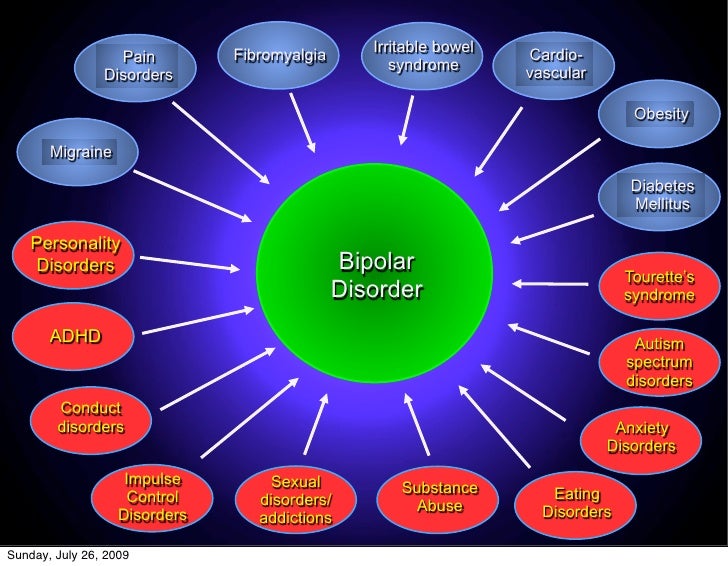Pathological Gambling Disorder Definition
The many labels used to describe gambling problems are a source of confusion for the public and frustration for researchers. Commonly used terms include “problem”, “at risk”, “compulsive”, “disordered”, and “pathological” gambling. These various terms reflect the efforts of researchers to describe the different levels of severity observed among people with gambling problems. Labels such as “problem” gambling are used to describe individuals who are experiencing some adverse consequences as a result of their gambling but do not meet the criteria for a diagnosis of pathological gambling.

Four phases and four treatment steps have been identified in helping people better understand pathological gambling (also known as gambling addiction). The Four Phases in Gambling Addiction. Pathological gambling (PG) is a relatively common disorder associated with significant personal, familial, and social costs. The condition is currently classified as an impulse control disorder, although similarities exist with other disorders, particularly substance addictions. Gambling addiction, also known as pathological gambling, compulsive gambling, problem gambling, or gambling disorder involves maladaptive patterns of gambling behavior that the individual persists with, despite negative consequences. This is consistent with behavior patterns observed in other addictions.
“Gambling Disorder” is the term used by the American Psychiatric Association in the 5th edition of the Diagnostic and Statistical Manual of Mental Disorders (DSM) to describe the most severe form of the disorder (American Psychiatric Association, 2013). According to the DSM-5, gambling disorder is indicated by four (or more) of the following:
Pathological Gambling Disorder
- Preoccupied with gambling
- Unable to cut back or control
- Irritable or restless when attempting to cut down or stop gambling
- Risks more money to reach desired level of excitement
- Gambles to escape problems or depressed mood
- “Chases' losses
- Lies to family and others about gambling
- Risks or loses relationships or job because of gambling
- Relies on others for financial needs caused by gambling
Pathological gambling
- 201620172018201920202021Billable/Specific Code
- F63.0 is a billable/specific ICD-10-CM code that can be used to indicate a diagnosis for reimbursement purposes.
- The 2021 edition of ICD-10-CM F63.0 became effective on October 1, 2020.
- This is the American ICD-10-CM version of F63.0 - other international versions of ICD-10 F63.0 may differ.
- Compulsive gambling
- Gambling disorder
- gambling and betting NOS (Z72.6)
Gambling and betting
- 201620172018201920202021Billable/Specific CodePOA Exempt
Type 1 Excludes- compulsive or pathological gambling (F63.0)
- excessive gambling by manic patients (F30,
Manic episode
- 201620172018201920202021Non-Billable/Non-Specific Code
Includes- bipolar disorder, single manic episode
- mixed affective episode
Type 1 Excludes- bipolar disorder (F31.-)
- major depressive disorder, single episode (F32.-)
- major depressive disorder, recurrent (F33.-)
ICD-10-CM Diagnosis Code F31F31)Bipolar disorder
- 201620172018201920202021Non-Billable/Non-Specific Code
Includes- bipolar I disorder
- bipolar type I disorder
- manic-depressive illness
- manic-depressive psychosis
- manic-depressive reaction
Type 1 Excludes- bipolar disorder, single manic episode (F30.-)
- major depressive disorder, single episode (F32.-)
- major depressive disorder, recurrent (F33.-)
- gambling in antisocial personality disorder (F60.2)
Antisocial personality disorder
- 201620172018201920202021Billable/Specific Code
Applicable To- Amoral personality (disorder)
- Asocial personality (disorder)
- Dissocial personality disorder
- Psychopathic personality (disorder)
- Sociopathic personality (disorder)
Type 2 Excludes- borderline personality disorder (F60.3)
- Applicable To annotations, or
- Code Also annotations, or
- Code First annotations, or
- Excludes1 annotations, or
- Excludes2 annotations, or
- Includes annotations, or
- Note annotations, or
- Use Additional annotations
- F01-F992021 ICD-10-CM Range F01-F99Mental, Behavioral and Neurodevelopmental disorders
Mental, Behavioral and Neurodevelopmental disorders
Type 2 Excludes- symptoms, signs and abnormal clinical laboratory findings, not elsewhere classified (R00-R99)
- F63ICD-10-CM Diagnosis Code F63Impulse disorders
Impulse disorders
- 201620172018201920202021Non-Billable/Non-Specific Code
Type 2 Excludes- habitual excessive use of alcohol or psychoactive substances (F10-F19)
- impulse disorders involving sexual behavior (F65.-)
- Compulsive gambling
- Gambling disorder
- Gambling disorder, in early remission
- Gambling disorder, in sustained remission
- Gambling disorder, mild
- Gambling disorder, moderate
- Gambling disorder, severe
Pathological Gambling Disorder Definition Psychology
- A disorder characterized by a preoccupation with gambling and the excitement that gambling with increasing risk provides. Pathological gamblers are unable to cut back on their gambling, despite the fact that it may lead them to lie, steal, or lose a significant relationship, job, or educational opportunity.
- Many people enjoy gambling, whether it's betting on a horse or playing poker on the internet. Most people who gamble don't have a problem, but some lose control of their gambling. Signs of problem gambling include
- always thinking about gambling
- lying about gambling
- spending work or family time gambling
- feeling bad after you gamble, but not quitting
- gambling with money you need for other things
- 883 Disorders of personality and impulse control
Convert F63.0 to ICD-9-CM
Code History- 2016 (effective 10/1/2015): New code (first year of non-draft ICD-10-CM)
- 2017 (effective 10/1/2016): No change
- 2018 (effective 10/1/2017): No change
- 2019 (effective 10/1/2018): No change
- 2020 (effective 10/1/2019): No change
- 2021 (effective 10/1/2020): No change
- Type 1 Excludes: Z72.6ICD-10-CM Diagnosis Code Z72.6
Gambling and betting
- 201620172018201920202021Billable/Specific CodePOA Exempt
Type 1 Excludes- compulsive or pathological gambling (F63.0)

- Betting and gamblingZ72.6ICD-10-CM Diagnosis Code Z72.6
Gambling and betting
- 201620172018201920202021Billable/Specific CodePOA Exempt
Type 1 Excludes- compulsive or pathological gambling (F63.0)
- pathological F63.0 (compulsive)
- gambling F63.0
- Disorder (of) - see also Disease
- gambling F63.0
- GamblingZ72.6ICD-10-CM Diagnosis Code Z72.6
Gambling and betting
- 201620172018201920202021Billable/Specific CodePOA Exempt
Type 1 Excludes- compulsive or pathological gambling (F63.0)
- pathological F63.0 (compulsive)
- Pathologic, pathological - see also condition
- gambling F63.0

Pathological Gambling Disorder Definition Dictionary
Pathological Vs Compulsive Gambling
Reimbursement claims with a date of service on or after October 1, 2015 require the use of ICD-10-CM codes.